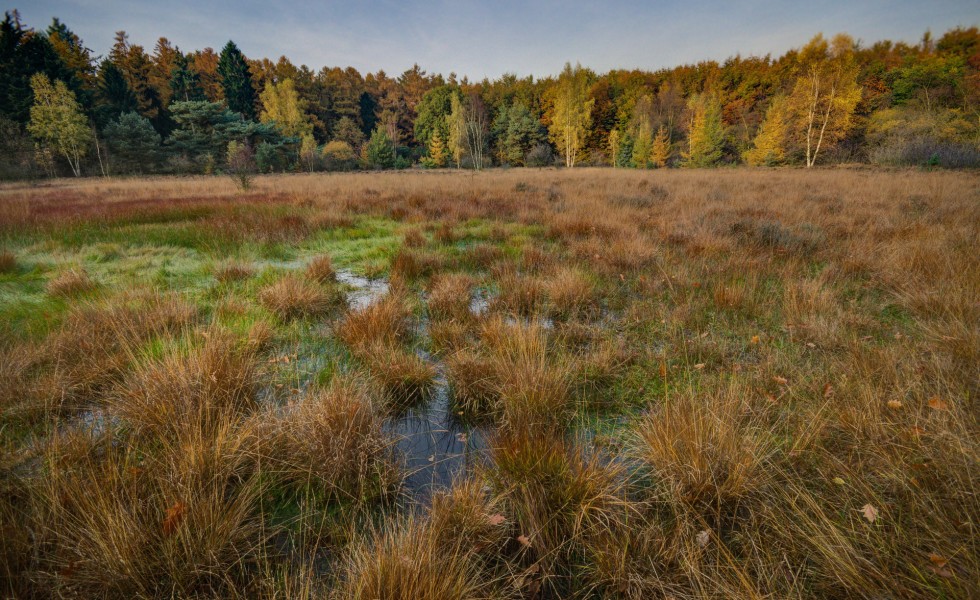AltEn: The Mess Gets Even Messier
Posted on April 21, 2021

On March 1, Nebraska’s attorney general threw the book at AltEn, alleging the 24-million-gallon-per year ethanol maker near Mead spent most of the last five years making an environmental mess of its biofuels plant and the surrounding rural community.
In a 97-page civil complaint, the state detailed 18 “causes of action” against AltEn ranging from “operating a solid waste management facility”—AltEn now is “storing” an estimated “84,000 tons of distiller’s grain onsite” that contain “elevated concentrations of pesticides”—to “discharge of a pollutant into waters of the state without a permit.”
As explained here last month, the allegations stem from AltEn’s unique ethanol business: in a sales pitch to potential customers last summer it explained that it was “processing 600,000 to 900,000 pounds of treated seed into ethanol daily,” according to the Lincoln (NE) Journal Star.
That ethanol feedstock—treated agricultural seed instead the usual farm-raised corn—“created tens of thousands of tons of pesticide-contaminated byproduct” that the plant tried to rid itself of in, what the state now alleges, manners both legal and illegal.
The state’s lengthy, date-filled complaint also serves a second, if unintended, function: it documents just how neglectful Nebraska regulatory officials were in their duty to protect citizens and natural resources from the type of calamity now hitting AltEn’s rural neighbors.
For example, according to the complaint, on “February 14, 2013, AltEn stated ‘Grain (mainly corn) will continue to be the primary raw material and the facility will keep the ability to produce wet distiller’s grain and solubles… for animal feed’”
Two paragraphs later, however, the state confesses it “discovered in 2015 that AltEn was using discarded seed corn that had been treated with pesticides as its feedstock… however, [it] did not know until 2018 that the byproducts from AltEn’s ethanol production could contain measurable residues of pesticides.”
Even after what turned out to be a deadly, three-year lag to connect the environmental dots, the state still didn’t act until May 2019 when the state’s Department of Agriculture, reported the Journal Star, ordered AltEn to “cease applying the solid byproduct” of the treated seed as “a soil conditioner.”
Simultaneously, the state “issued the company a notice of violation that it was operating a solid waste management facility”—by storing the now-unusable ethanol byproduct—“without a permit.”
And yet the plant continued to operate even, according to the complaint, as AltEn officials did little to comply to state demands that it address growing problems with nearly every system in the Mead facility—growing piles of tainted byproducts, excessive wastewater drainage, leaking lagoons, and incomplete records.
Equally remarkable, the complaint doesn’t explain who AltEn is and, therefore, whom the state of Nebraska is charging with 18 different “causes of action.” It does note that “Defendant AltEn, LLC, is a Kansas limited liability company” and “is registered as a foreign limited liability company in Nebraska.”
Also, while the complaint lists the amount of civil fines (many are $10,000 per day) AltEn could be liable for, it doesn’t explain how the fines might be assessed or when they begin.
Equally important to many in the surrounding community is who will pay cleanup costs if the owners of AltEn declare bankruptcy and walk away from the troubled plant and its dirty past.
Al Davis, a rancher, former Nebraska state senator, and now a lobbyist for the Sierra Club hears that question whenever the name AltEn comes up in conversation.
“It’s absolutely criminal what’s happened in Mead,” he relates in a March 22 telephone interview. “People have been complaining about the plant since 2017 and nothing was done.”
The state confirms that fact, too: almost half of the 80 or so AltEn visits by state environmental inspectors since 2015 occurred in January and February 2021.
All of which seem to point to a growing, implied understanding between most state governments and Big Agbiz: If we rarely check to see if the cows are still in the barn, don’t worry about fixing the barn door.
© 2021 ag comm
Share This